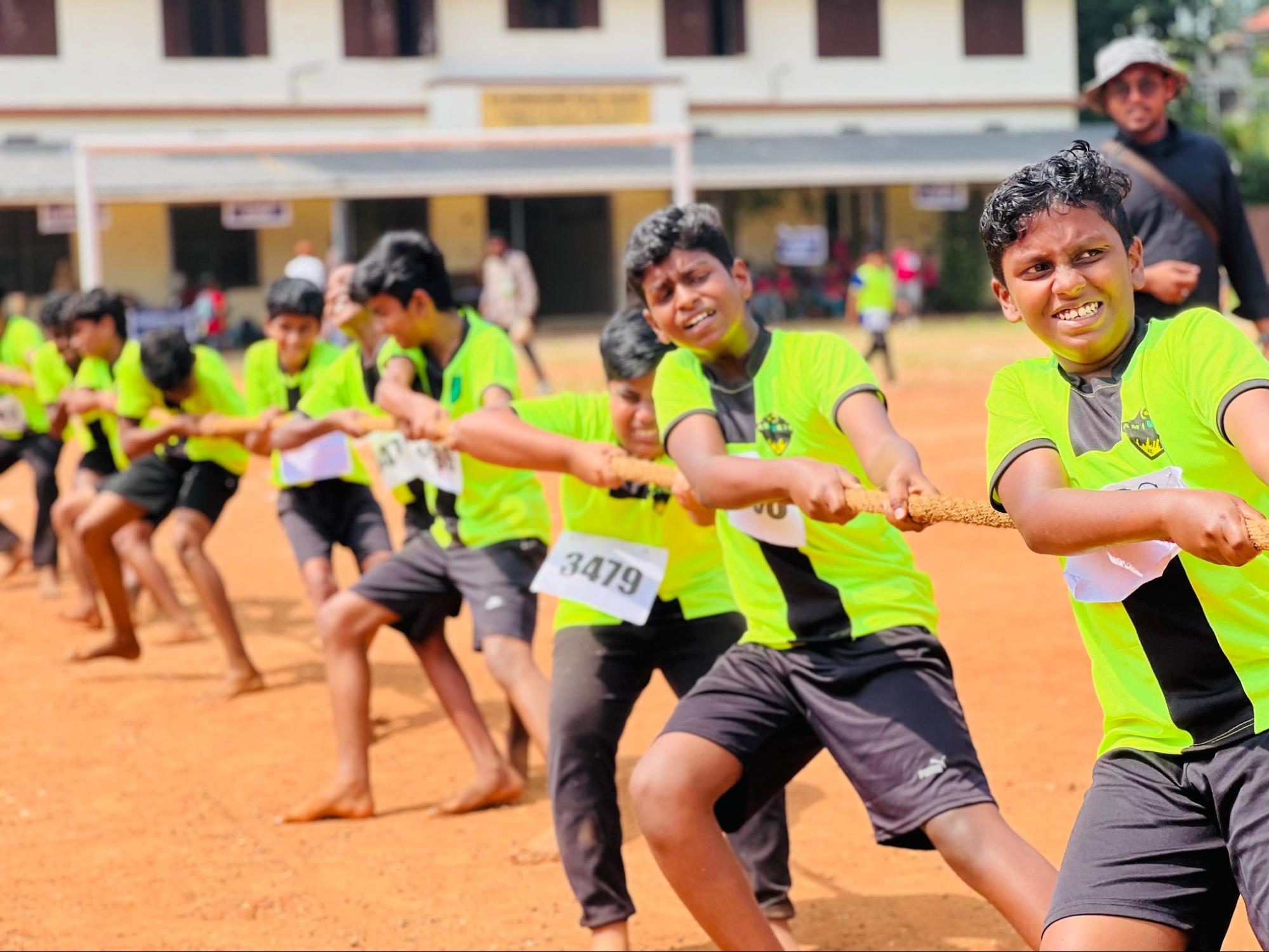
Embracing Holistic Wellness: The Role of Athletic Festivals in Religious Education
"Health resides in a healthy body" is a well-known Arabic proverb. Similar to scientific empowerment, health empowerment too had its era where we lived obligatorily. We've witnessed a time before the advent of computer games, smartphones, and binge-watching TV shows when children used to indulge in outdoor activities and sports, but today, children are increasingly becoming victims of sedentary lifestyles, glued to screens, and suffering from various health issues. According to the World Health Organization, today, approximately 39 million children globally are obese, and by 2025, this number is expected to rise to 167 million. In such a scenario, the ‘Atletismo’ organised by the Kerala Madrasa Education Board (KMEB), which is affiliated with the Integrated Education Council India (IECI), gains significance. From its inception, KMEB, known as Majlisu Thaeleemul Islami, has been striving to redefine Madrasa education by conducting various initiatives. While earlier Madrasas were limited to imparting knowledge through speeches and memorisation, with little emphasis on physical activities, today, there has been a significant transformation. The Madrasa Fest witnessed a blend of drama, debates, and music competitions, marking a paradigm shift in Madrasa education. Alongside, KMEB is spearheading the ‘Atletismo’ initiative, aiming to enhance sports and physical fitness among Madrasa students. This initiative is part of KMEB's broader efforts to revolutionise Madrasa education by integrating modern teaching methodologies and ensuring holistic development. Recognising the importance of physical fitness in students' overall development, KMEB is actively promoting practical sessions focusing on team building, group dynamics, and life skills acquisition. While participation in arts festivals may not be feasible for all Madrasa students, 'Atletismo' acknowledges the significance of addressing the concerns of students with a penchant for sports and physical activities." Our students are provided with various extracurricular activities, aimed at boosting their confidence and bringing them closer to life with enthusiasm. Amidst the emphasis on health, there's a growing misconception among a good portion of students and youth that fitness solely means six-packs and toned muscles. To counter this, there's a significant effort underway to promote a healthier lifestyle, which includes the use of artificial proteins, avoiding entirely processed foods, and engaging in physical activities that contribute to a healthier society, rather than just aesthetic pursuits. Leading them towards proper physical culture is the solution. A small step in that direction is athletic festivals. Promoting a sporting culture ahead of Islam's emphasis on it is the goal of such initiatives; it's not about displaying physical prowess or vanity but about instilling responsibility and a sense of physical structure and fitness among students. Some wonder about the relevance of such athletic festivals in religious education. KMEB responds that these efforts are about much more than just physical exercise. In addition to addressing quick anger and dealing with real-life challenges, such initiatives aim to cultivate a sense of duty towards society among physically active groups, helping to steer them away from deviant behaviours. It's also in line with the Prophet Muhammad's (S) advice to prioritise individuals who possess both physical and scientific abilities. A hadith advises, "One who is capable of being physically and scientifically fit" (Al-Bukhari: 247). Therefore, these teachings offer a holistic approach, ensuring that both faith and science contribute to a healthy body and mind. Efforts like these also ensure that every individual, regardless of their physical condition, can contribute positively to society. It's crucial to instil in them a sense of responsibility towards their bodies and to utilise physical activities as a means to nurture curiosity and inquisitiveness. The Prophet's companions, especially Aysha(r), engaged in races and contests, indicating that such activities have religious significance as well. In summary, the Prophet's teachings emphasise that along with scientific progress, efforts towards physical and mental growth are essential. Religious teachings should not hinder but rather promote active engagement with the physical world. In this light, athletic festivals like Atletismo contribute significantly to the duties of this age, providing a platform for the physical and intellectual growth of individuals while adhering to Islamic principles.

